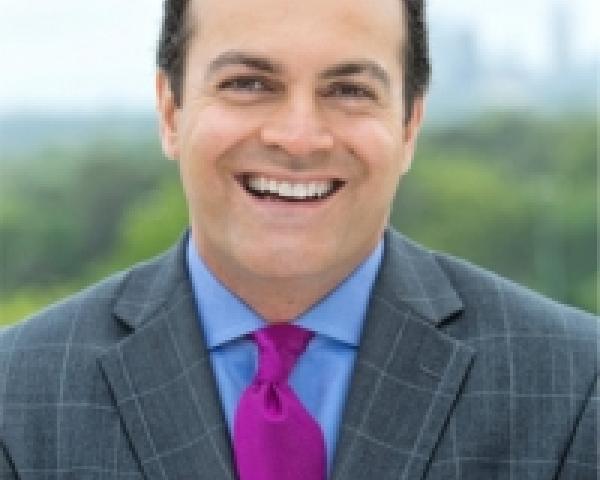- The executives who get that what has gotten them here may or may not be the answers to their evolution as an individual, a team or an organization, are smart. You cannot train, coach or elevate the performance of people who lack a certain level of intelligence. These are people who’ve been there and done it; they have credibility and grit.
- They’re tough. They don’t accept fluff. They don’t need pedestrian advice. They’ve been there, they’ve seen it, and they have earned the acumen, not just read it in a clever op-ed piece. They need key people around them to constantly raise the bar on what they’re doing, not set the bar and forget it!
- They’re naturally and insatiably curious. They want to know about the thought or practice leadership others can bring. They ask deeper questions, like, “We have a conservative business model. How do I develop a robust digital strategy that allows us to think and lead very differently?” That’s an example of thought and practice leadership.
Elite Performers Don’t Warm the Bench
We increasingly need to make decisions quickly, so we need a bias for action. Think: How would John Madden handle this?|






